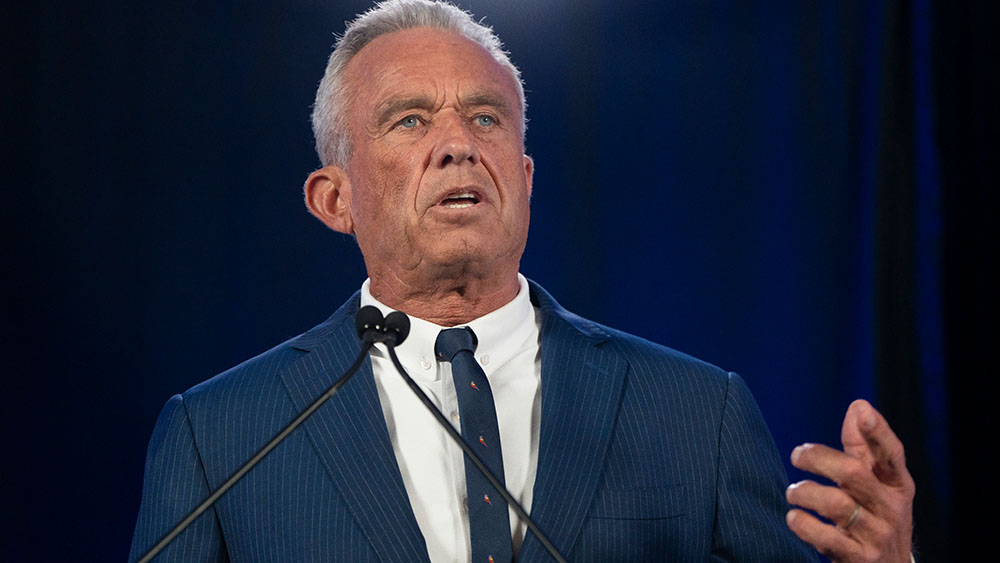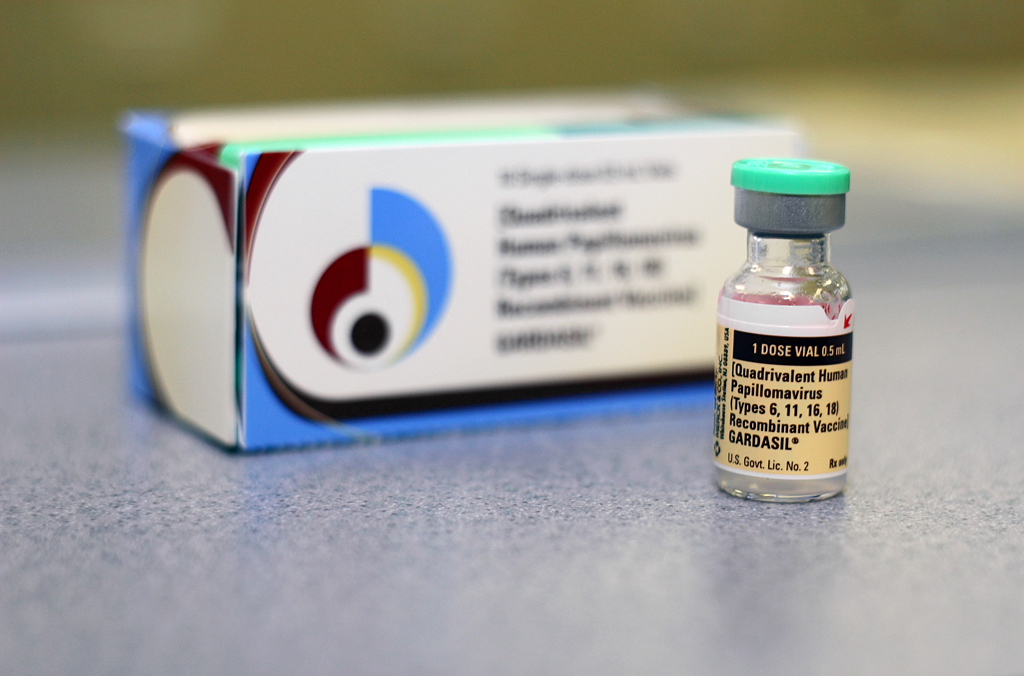Judge rules AstraZeneca, other COVID jab makers NOT immune from injury claims for breach of contract
11/12/2024 / By Ethan Huff

The Public Readiness and Emergency Preparedness (PREP) Act, which Congress passed just before President Trump declared a public health emergency for the Wuhan coronavirus (COVID-19) in early 2020, is not enough to shield the pharmaceutical industry from liability for breach of contract, a U.S. judge ruled this past week.
In a feverish attempt to create the perfect con for Big Pharma to rake in the dough during the “pandemic,” both sides of the American political aisle rushed through the PREP Act, believing it would be the perfect liability shield for COVID jab makers like AstraZeneca, which is on the hook for injuries.
A woman named Brianne Dressen sued AstraZeneca, which produced a viral vector version of a COVID injection – Moderna and Pfizer released mRNA (modRNA) injections – after the shot harmed her in a 2020 clinical trial. AstraZeneca tried to get the suit dropped by playing the PREP Act card, but U.S. District Judge Robert J. Shelby ruled otherwise.
While it is still true that Dressen cannot sue AstraZeneca for her actual injuries – remember, America, that Big Pharma is the only industry that cannot be held liable for injuries caused by its products – she can still sue the company for breach of contract.
“The basis of Dressen’s claim is a broken promise, not a countermeasure,” Judge Shelby said. “Dressen was administered a covered countermeasure, and she was warned that she may suffer from an adverse reaction, but the fact that she suffered from such reaction was not sufficient to ripen her claim.”
“Rather, she only has a claim because AstraZeneca made a contractual promise to her that happened to involve the effects of a covered countermeasure.”
(Related: Earlier this year, AstraZeneca publicly admitted that its COVID injection causes mysterious clots, which is why the company decided to voluntarily pull the shot from the global market.)
But, but, we can’t be held liable!
In its defense, AstraZeneca submitted a theory via legal filings suggesting that the pharmaceutical industry needs to be shielded from all liability through the PREP Act because otherwise vaccine companies will be less willing to quickly develop countermeasures during so-called public health emergencies. Dressen’s lawyers successfully countered this theory by showing that enforcing the company’s legal contracts achieves the same result.
“If the PREP Act immunized deceptive contractual inducement and sanctioned illusory promises, then no one would agree to undertake the high-risk activities that are critical during public health emergency responses,” Judge Shelby further said.
“The PREP Act drafters could not have intended to allow pharmaceutical companies to make illusory promises to clinical trial participants because doing so would erode public trust and undermine the ability to recruit willing participants, which in turn would erode and undermine pandemic preparedness.”
One of the examples Judge Shelby put forth to back this was AstraZeneca’s initial agreement with Dressen to pay her $125 for time and travel reimbursements each time she visited the clinical trial facility for her injections and associated observation. The consent form she signed stated that AstraZeneca would “cover the costs of research injuries” and “pay the costs of medical treatment.”
“AstraZeneca’s theory of immunity would allow it to shirk this and any other promise made to trial participants merely because the promise ultimately relates to the administration or use of a vaccine,” Judge Shelby explained.
After receiving AstraZeneca’s COVID injection, Dressen developed a spate of injuries that the National Institutes of Health (NIH) officially diagnosed as having occurred because of the experimental shot.
When Dressen first sought reimbursement for medical care, AstraZeneca offered $590.20, which she refused for being “far less” than the amount she actually needed.
The anvil of justice appears ready to fall on Big Pharma for vaccine crimes against humanity. Learn more at BadMedicine.news.
Sources for this article include:
Submit a correction >>
Tagged Under:
AstraZeneca, big government, Big Pharma, breach of contract, chemical violence, COVID, covid-19, immunity, pandemic, pharma fraud, PREP Act, progress, vaccination, vaccine, vaccine injury, vaccine wars, vaccines
This article may contain statements that reflect the opinion of the author



















